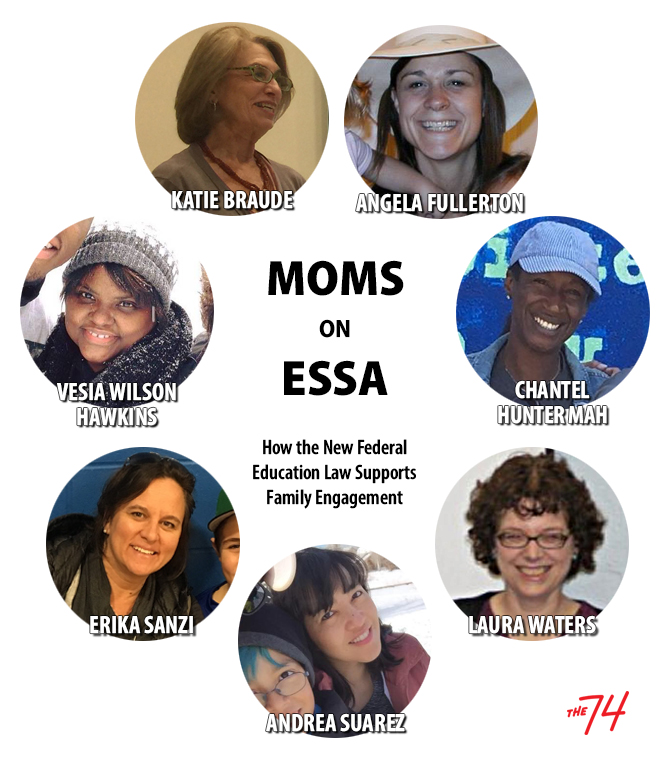Parent Engagement Lessons From a 200-Person Mountain Village: Use Lower-Impact Strategies as a Platform for Higher-Impact Programming

This piece is part of a series on engaging parents and families under the Every Student Succeeds Act, examining from parents’ perspectives how districts and schools can best use new funding to make parents partners in improving education in their communities, and how to measure whether those efforts are working. Click through the grid below to read essays from parents across the country.
Family-school-community partnering is imperative for student learning. This seems like not only an obvious observation but also a straightforward idea to implement and maintain. But for too long, many school districts have been ambiguous about how to define family engagement, which has left this critical issue poorly addressed.
As states begin to implement the Every Student Succeeds Act and begin to roll out parent engagement programs under Title I, I encourage them to look to districts that are being fastidious about, and have been successful in, making parent engagement a priority. Roaring Fork Schools (RFS), located in the Colorado mountains, is moving beyond the simple potlucks and holiday choir concerts to actions that truly accelerate student learning.
RFS staff are being trained on family engagement beginning with parent-teacher home visits, because we know that home visits are one of the most powerful ways to create powerful relationships between parents, students, and their teachers. My children have had regular home visits for years, even from teachers who no longer have my children in their classrooms.
Those home visits have morphed into dinner invitations, summer tutoring, and old-fashioned pen pal relationships. Perhaps the pinnacle of home visits is when a student has a chance to proudly boast their current academic successes to a former teacher — and they didn’t even have to hunt that teacher down to do it.
Having teachers go into students’ homes is highly important, but there’s an equal imperative to get the families into their children’s schools on a regular basis. Home and school visits are a multicultural exchange. Beliefs and priorities are mutually communicated and the tri-partnership between parents, students, and schools is steadily reinforced.
(Click through the grid below to read other parent perspectives)

A marvelous way to get families into classrooms is through regular open houses. Some schools have created monthly Food for Thought nights. Families are served healthy dinners in the school cafeteria — which takes a load off parents in more ways than one. Breaking bread together is an excellent way for parents to network with one another, and students love having their parents eat with them at school, even if it is not during regular school hours.
With all families gathered together, school administration may deliver a bilingual message, introduce a fundraiser, pass out achievement and behavior awards, and gather feedback through polls and/or voting.
Afterward, families head to their children’s classrooms to get basic practical details on their student’s education. Teachers go over things like homework expectations, school and classroom rules, opportunities for classroom observations and volunteering, resources for parents to use with their children at home, and how to best partner with the school when their children are struggling.
Monthly Food for Thought nights cleverly use lower-impact strategies as a platform for higher-impact programming. Using celebrations, potlucks, and fundraisers as loss leaders gives schools the regular face time they need to share data, set goals, schedule home visits, and talk about ways parents can help with learning projects — the parent engagement work we know supports student success.
While the benefits to the students and parents is rather apparent, what is in it for schools to go so vastly beyond the 8 a.m.–5 p.m. workload? Sure, a high-growth school is an esteemed reward in itself, but a significant portion of funds for family and engagement need to go toward adequately compensating school staff for these higher-impact approaches.
Angela Fullerton is the mother of two school-age children, the family support specialist for the Roaring Fork Schools, and the leader of two troops of Girl Scouts. She has a master’s in clinical mental health and school counseling. Angela lives with her family in Redstone, Colorado, a 200-resident mountain village.
Get stories like these delivered straight to your inbox. Sign up for The 74 Newsletter

;)